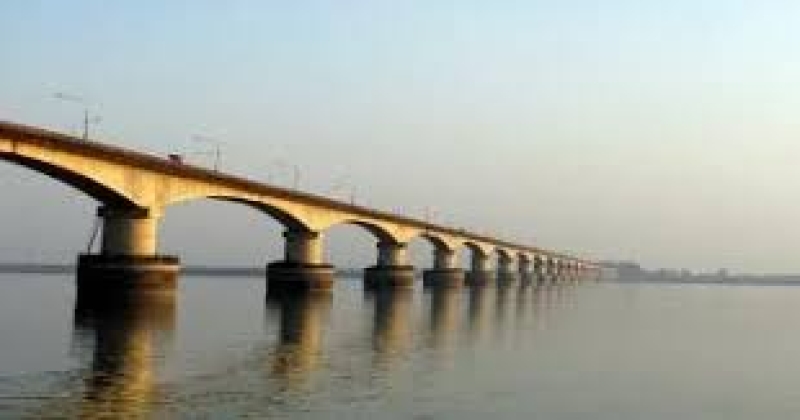- India Sees 9% Drop in Foreign Tourists as Bangladesh Visits Plunge |
- Dhaka Urges Restraint in Pakistan-Afghan War |
- Guterres Urges Action on Safe Migration Pact |
- OpenAI Raises $110B in Amazon-Led Funding |
- Puppet show enchants Children as Boi Mela comes alive on day 2 |
Bangladesh First in South Asia to Join UN Water Convention

Representational Image
Bangladesh has officially joined the United Nations Convention on the Protection and Use of Transboundary Watercourses and International Lakes—commonly known as the UN Water Convention—becoming the first South Asian country and the 56th globally to accede to the landmark treaty.
The accession was formalised on 20 June, marking a significant milestone for the deltaic nation, which is home to 57 transboundary rivers, including the Ganges-Brahmaputra-Meghna (GBM) river system. These rivers play a critical role in the country’s water security, environmental resilience, and regional stability.
In a press release issued by the Ministry of Water Resources, the government noted that rising sea levels, increasing salinity intrusion, and the lack of safely managed sanitation for over 65 million people make equitable and sustainable water governance an urgent priority for Bangladesh.
The UN Water Convention, under the framework of the United Nations Economic Commission for Europe (UNECE), provides a comprehensive legal and institutional mechanism to promote cross-border cooperation on surface and groundwater resources. Bangladesh has been actively engaged with the Convention since 2012 and participated in its 10th Meeting of the Parties in Slovenia in 2024.
UN Secretary-General António Guterres has repeatedly urged UN member states to join and implement the treaty, recognising its importance in addressing global water challenges.
Speaking on the development, Syeda Rizwana Hasan, Adviser to the Government of Bangladesh on Water Resources, Environment, Forest and Climate Change, said,
“Accession to the UN Water Convention is a landmark step for Bangladesh. In the face of climate change, population growth, and rising water demand, enhanced transboundary cooperation is crucial. This Convention will help us build more inclusive and effective water policies to ensure long-term water security.”
Bangladesh already has several bilateral water-sharing arrangements and cooperative institutions, including the Joint Rivers Commission and the Ganges Water Sharing Treaty with India. The country also maintains active hydrological cooperation with Nepal, China, and Bhutan.
Tatiana Molcean, Executive Secretary of UNECE, welcomed Bangladesh’s accession, calling it a “significant move for South Asia.”
“The Convention is a critical tool for strengthening cross-border water cooperation, especially at a time of growing climate-related pressures,” she said.
Sonja Koeppel, Secretary to the UN Water Convention, also congratulated Bangladesh and urged other South Asian nations to follow suit. She reaffirmed the UN system’s commitment to supporting the implementation of the Convention, particularly in the lead-up to the next UN Water Conference, scheduled for 2–4 December 2026 in the United Arab Emirates.
With this accession, Bangladesh positions itself as a regional leader in advancing collaborative and sustainable water governance—an increasingly vital issue for the future of the region and the planet.

